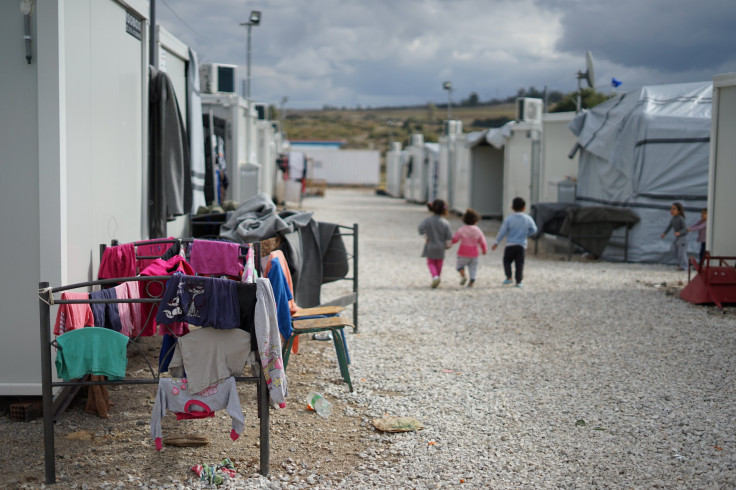
There are many Haitian asylum seekers, and Amnesty International has urged people in countries across the Americas to stop their "racist" treatment.
The rights group said that the asylum seekers face anti-Black discrimination during their search for help and protection, reported Al Jazeera.
Haiti is grappling with political instability and a rise in gang violence.
And on World Refugee Day on Tuesday, Amnesty said in a statement that a deteriorating situation in the country has forced thousands to leave their homes in the last few years.
The rights group said that instead of getting solidarity from other countries in the Americas, the people of Haiti have suffered "acts of racism, xenophobia, and systematic violence in their search for protection."
It said that it had documented cases of torture, mass deportation, arbitrary detention, assault and discrimination against the people of Haiti in countries like Chile, Peru, the U.S., the Dominican Republic and Mexico.
They also lack access to basic services apart from legal protection.
Erika Guevara-Rosas, the organization's Americas director, said in the statement that racist migration and asylum policies only exacerbate the "harm already inflicted on people forced to endure and flee the humanitarian and human rights crises in Haiti."
For years, gang violence has been on the rise across the country. The problem worsened after President Jovenel Moise was killed in 2021 following which there was a power vacuum.
Prime Minister Ariel Henry, who is Haiti's de facto leader, has faced a crisis of legitimacy.
Meanwhile, Mexico is set to launch a new app so that it can help to speed up its asylum process amid record levels of asylum seekers from different countries including Haiti, as per CNN.
Jose Antonio Silva is the migration project coordinator for Doctors without Borders in Mexico City. He said that his organization is concerned about health conditions for those who are living in saturated shelters or on the streets.
He said that migrants who are staying in the overcrowded shelters are mostly Haitians and Venezuelans.
He shared that the shelters, most of them with their own resources, face not only issue of overcrowding, but also the "challenge of being able to cover the different basic needs of people." This includes food, water, health, hygiene, sanitation, and information.
© 2025 Latin Times. All rights reserved. Do not reproduce without permission.




